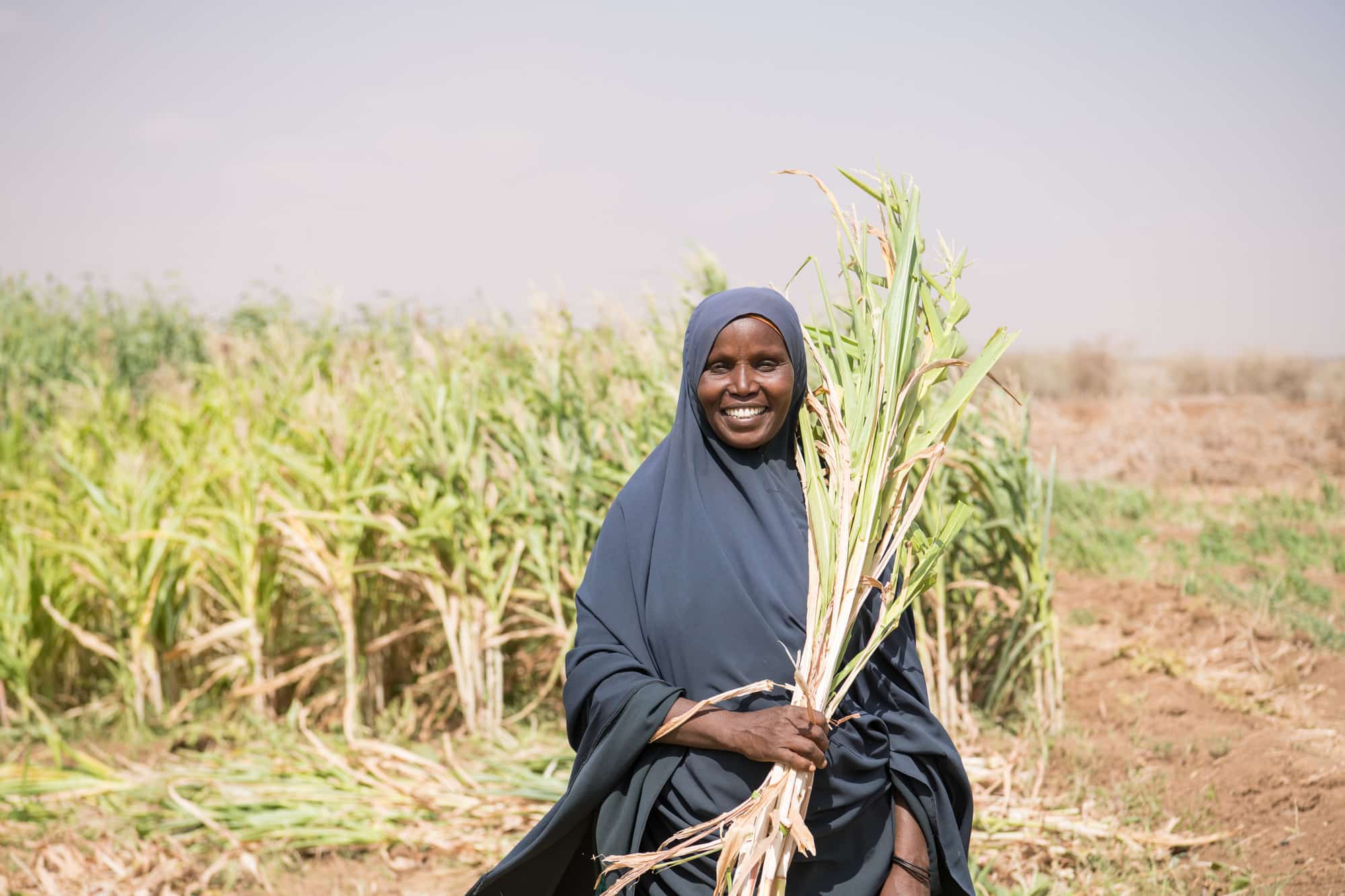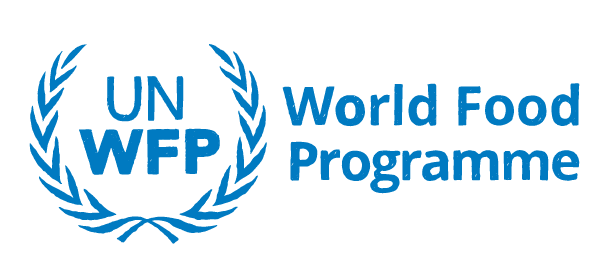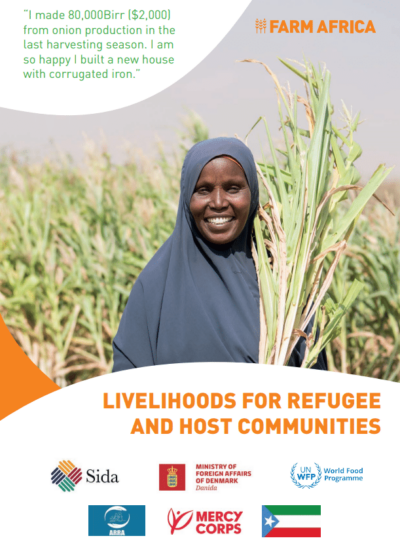Programme
Complete
Livelihoods for refugee and host communitites
Country
Ethiopia
Running from
2018-2022
People reached
2,000
Key focus areas
Act on climate change
Boost productivity
Increase incomes

Farm Africa partnered with Mercy Corps to equip groups dependent on aid with the knowledge, resources and access to markets they needed to become self-sufficient.
2,000
refugees and hosts were brought together through the project to address common challenges: environmental degradation, climate change and poverty.
After the Ethiopian Government provided host and refugee communities with access to previously unused land, Farm Africa designed and installed a solar-powered irrigation system to turn areas from dryland into productive farmland. The local communities, previously dependent on aid and livestock, learned to grow maize and other crops for their own consumption, as well as cash crops, like onions.
This project strengthened local governance systems for grassland management, allowing communities to address over-grazing concerns by training communities to manage sustainable grazing levels. In addition, this project oversaw the launch of local livestock trading and animal health services businesses to support animal health. Also, new irrigation canals and reservoirs enabled the communities to regenerate the degraded grasslands.
Farm Africa connected farmers to agribusinesses that supply the seed, irrigation equipment and spare parts needed to kick-start commercial production. In addition, farmers were able to establish Village Saving and Loan Associations, to pool funds and invest in each other’s businesses.
Farm Africa worked with Mercy Corps as part of a broader Sida-funded project run by The World Food Programme, which sought to build vulnerable communities’ resilience to climate, social and economic shocks.


Country
Ethiopia
Key focus areas
Act on climate change
Increase incomes
Protect ecosystems
Livelihoods for Refugees and Host Communities
The project brought refugees and Ethiopian hosts together to address common challenges: environmental degradation, climate change and poverty. The Ethiopian Government provided host and refugee communities with access to previously unused land.
Download (6.07mb)

Country
Ethiopia
Key focus areas
Act on climate change
Increase incomes
Protect ecosystems

